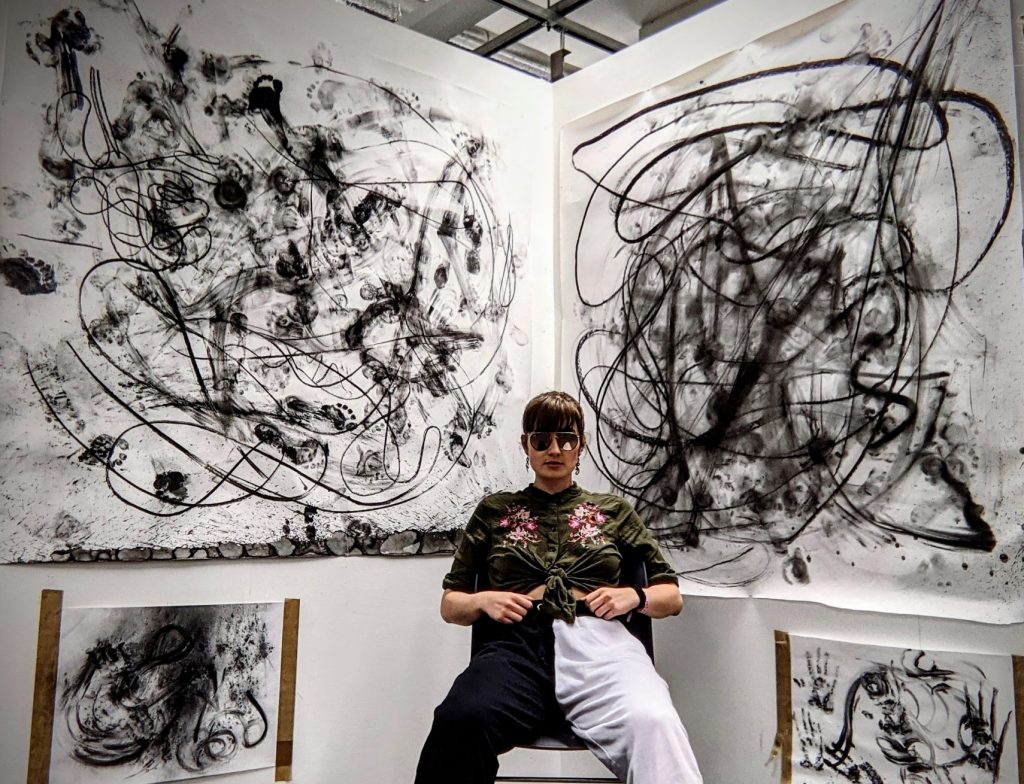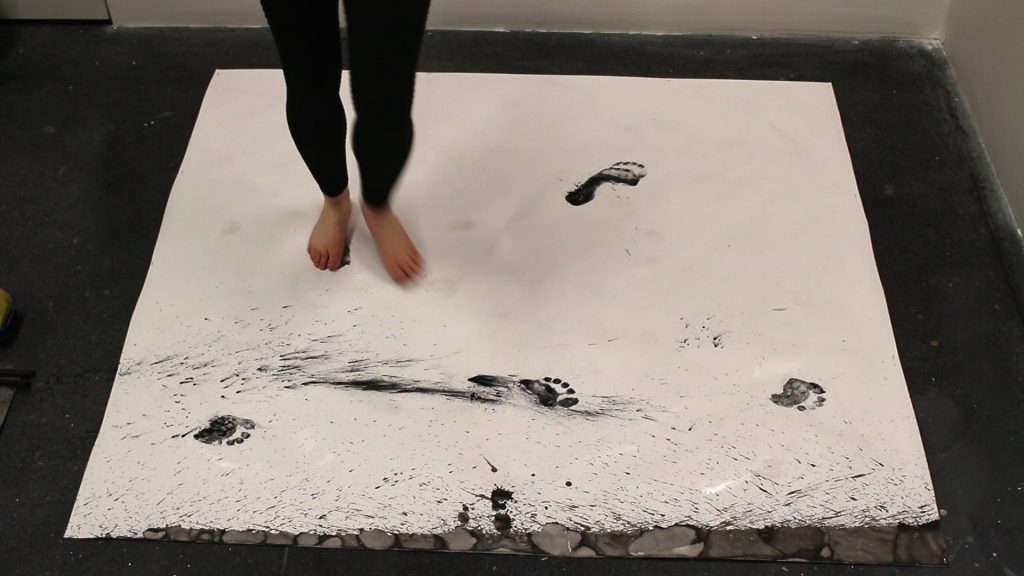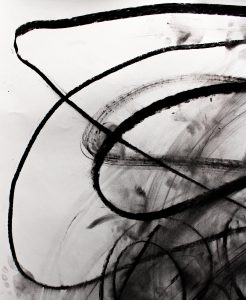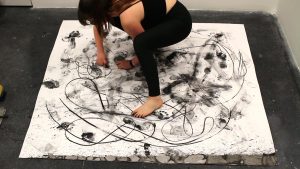
The independent regulator for higher education is considering plans to limit the number of students studying creative art degrees and music as part of government spending review.
This July, the government confirmed it will be cutting funding for art subjects by 50% as a method to reduce its student loan debt of £140bn, as of last year.
The main reason the Treasury is eager to target creative art students and degrees is because the government believes these type of students are less likely to get graduate job opportunities, are studying lower salary producing courses, so they would be less likely to fully pay back their loans.
Ava Manley, 21, is a fine art student at the University of Salford and said; “I know in the creative industry; art brings a lot of money into the UK.
“I think it’s a bit of a disgrace they don’t want to fund a lot of the arts, but that’s what brings a lot of the money in.”
Despite the government cuts in July, art degrees are still highly sought after by prospective undergraduates.
Chloe Smith, 23, is a third year fine at student at the University of Salford. She said; “There has always been an intrinsic need to

create within me, and I have always suppressed it because of the climate we live in.
“It tells you that if you study art you’re going to be unemployed, it tells you that if you study art you’re not going to get paid properly, because artist don’t get paid properly.
“It took me a while, but I like the idea of being able to build my mind creatively, rather than scientifically or studying a literature degree.
“I get to spend my day in the studio surrounded by other creatives who are also inspiring.”
Smith uses art as a mode of therapy and to release emotions, which makes people wonder what artists would do, if they couldn’t convey their thoughts and emotions into their craft.
She said; “Currently I am creating performance drawings where I am dancing to a piece of music, and I am dancing on a piece of paper and drawing with my feet with some charcoal and pigments; experimenting with recording my journey across the page as I dance.
“I try and unleash the inner unconscious thoughts and patterns that are potentially blocking me.
“I find it really calming to create such work because it allows me to use the tool to be able to project my feelings unto, and as I am creating, I may be unlocking a lot of suppressed and repressed emotions that I am potentially repressing to make myself feel better and be able to live day to day.”
The independent regulator for higher education confirmed that the subsidy for a full-time student on an arts course will be cut from £243 to £121.50 starting from the 2021/22 academic year.
Ava Manley believes that despite the government saying art students pay the least student loans, it benefits from the artists and their craft. She said; “I know in the creative industry art brings a lot of money into the UK. I think it’s a bit of a disgrace they don’t want to fund a lot of the arts, but that’s what brings a lot of the government’s money in.”

Chloe Smith believes that the government’s plans are hypocritical especially when during the lockdown period a lot of people turned to art and its creatives for inspiration, and entertainment. She said; “the hypocrisy of the government to say that art students are the least likely to have high paid jobs, comes from the fact that the government won’t pay artists.
“If you think about lockdown, what on earth would anyone have done if they didn’t have art, films, tv shows, Netflix, video games, what on earth would we have done if we couldn’t entertain ourselves. Capitalism does not value the creative art because it doesn’t focus on the mental health of the humans it exploits, we are treated like machines in a society built for profit, and the detriment of our mental health is undeniable.”
There is speculation that in order to save money on student loans the government could implement new minimum A-Level grade requirements to raise the entry level for creative courses, and reduce student numbers, especially in newer universities.

Manley is telling A-Level students who want to study a creative degree not to give up and be proactive. She said; “There is so many jobs in the creative industry. If you are good at it and you know you’re good at it.
“I would rather do something you really enjoy and be exceptional, than do something to fit in, because you will never be happy.”
Chloe Smith hopes that despite the government funding cuts artists will continue to be inspired and work hard on their craft, “art is so necessary, it is going to be one of the key factors in building the sense of community, mental health and the hope in young people.
The art world is suffering because of Capitalism and this whole collecting business that means that artists don’t even get the money when their paintings sell for millions. But I think we can change that, we can work together and come together.”














Recent Comments